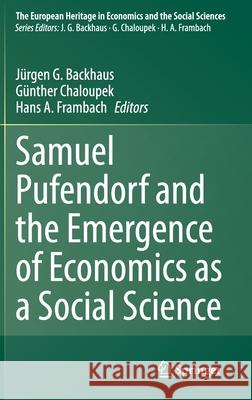Samuel Pufendorf and the Emergence of Economics as a Social Science » książka
topmenu
Samuel Pufendorf and the Emergence of Economics as a Social Science
ISBN-13: 9783030497903 / Angielski / Twarda / 2020 / 212 str.
Samuel Pufendorf and the Emergence of Economics as a Social Science
ISBN-13: 9783030497903 / Angielski / Twarda / 2020 / 212 str.
cena 402,53
(netto: 383,36 VAT: 5%)
Najniższa cena z 30 dni: 385,52
(netto: 383,36 VAT: 5%)
Najniższa cena z 30 dni: 385,52
Termin realizacji zamówienia:
ok. 16-18 dni roboczych.
ok. 16-18 dni roboczych.
Darmowa dostawa!
Kategorie:
Kategorie BISAC:
Wydawca:
Springer
Seria wydawnicza:
Język:
Angielski
ISBN-13:
9783030497903
Rok wydania:
2020
Wydanie:
2021
Numer serii:
000276282
Ilość stron:
212
Waga:
0.48 kg
Wymiary:
23.39 x 15.6 x 1.42
Oprawa:
Twarda
Wolumenów:
01
Dodatkowe informacje:
Wydanie ilustrowane











